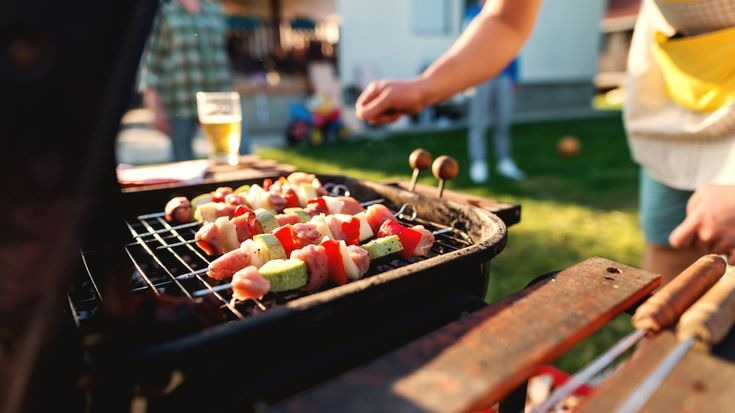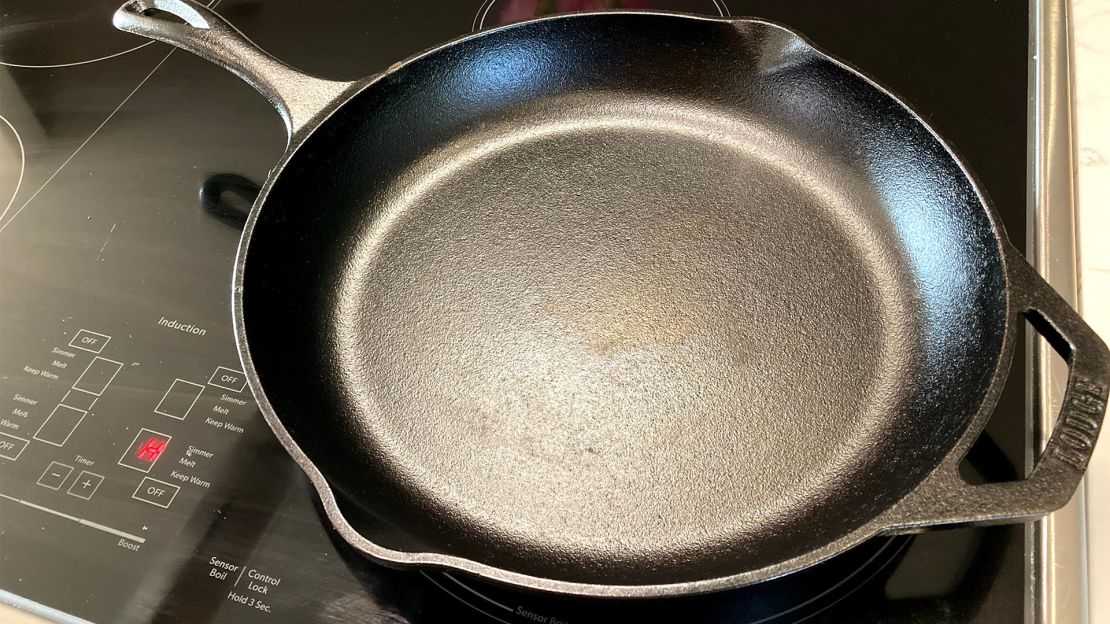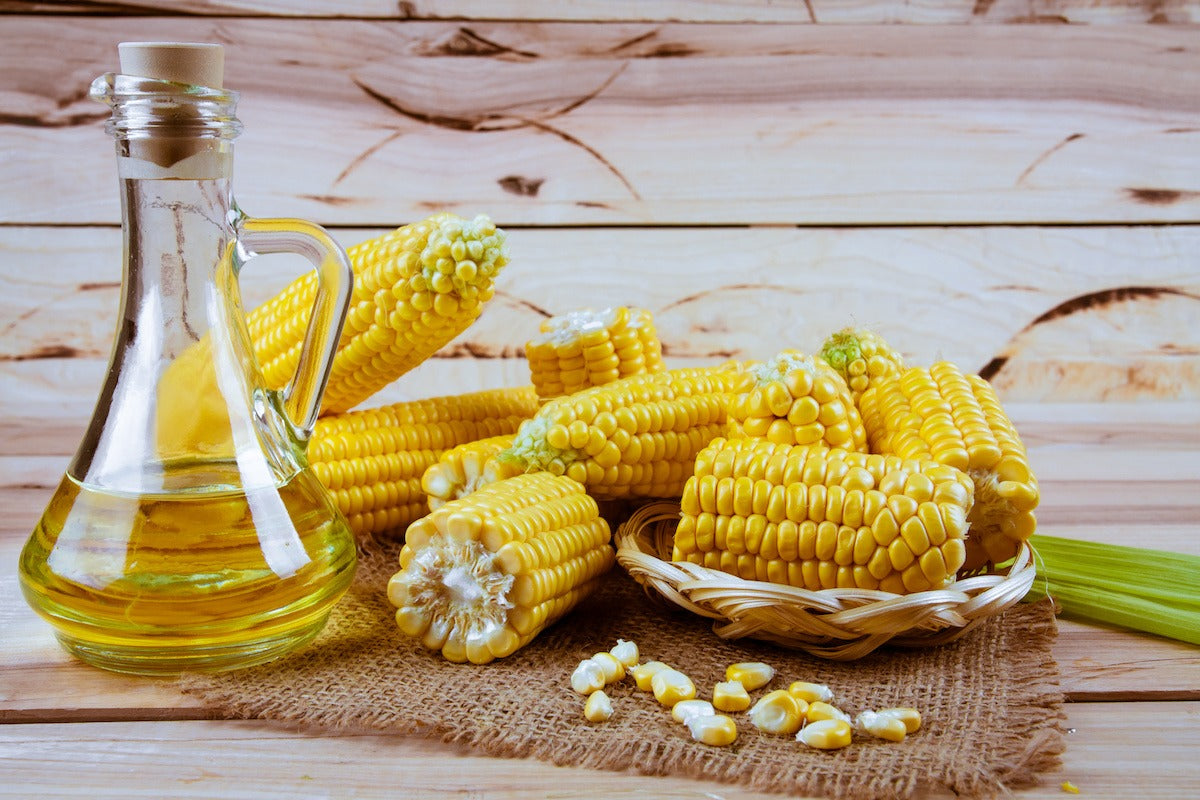Maintaining clean kitchen countertops is essential not only for a pristine look but also for a hygienic cooking environment. From granite and quartz to marble and laminate, each material requires a unique cleaning approach. This comprehensive guide will provide you with all the information you need to effectively clean kitchen countertops of various materials.

Why Clean Kitchen Countertops Regularly?
The kitchen often serves as the heart of the home, with countertops playing a vital role in food preparation and storage. Regular use can lead to an accumulation of bacteria, grime, and stains. Regular cleaning:
- Prevents harmful bacteria buildup.
- Keeps surfaces looking new.
- Prolongs the life of your countertops.
- Creates a pleasant cooking environment.

Preparing for Cleaning
Before starting, ensure you have the necessary supplies:
- Microfiber cloths
- All-purpose cleaner
- Dish soap
- Water
- Non-abrasive scrubber
It's crucial to know the material of your countertop to avoid potential damage from inappropriate cleaning agents.
Identifying Your Countertop Material
Common countertop materials include:
- Granite
- Quartz
- Marble
- Laminate
- Butcher Block
Each material has specific care requirements, so identifying your countertop type is the first step.

Cleaning Granite Countertops
Granite countertops are elegant and durable but need special care to avoid damage. Here's how to clean them:
- Daily Cleaning: Use a soft cloth with warm, soapy water. Avoid acidic or abrasive cleaners.
- Stain Removal: For stubborn stains, create a paste of baking soda and water. Apply it to the stain, cover with plastic wrap, and let sit for 24 hours before wiping clean.
- Sealing: Granite requires regular sealing. If water doesn't bead on the surface, it's time to reseal.

Cleaning Quartz Countertops
Quartz countertops are non-porous and resistant to staining but sensitive to high heat and harsh chemicals.
- Daily Cleaning: Use mild dish soap and a soft cloth. Avoid bleach and high-pH cleaners.
- Spot Cleaning: For tough spots, use a non-abrasive scrub pad and non-abrasive cleaner. Rinse thoroughly with water.
- Preventing Damage: Always use trivets or hot pads for hot pots and pans.
Cleaning Marble Countertops
Marble adds a luxurious touch to any kitchen but is more porous and prone to scratching.
- Daily Cleaning: Wipe with a damp microfiber cloth and a pH-neutral cleaner. Avoid vinegar, lemon, or any acidic cleaners.
- Stain Removal: Use a poultice made of baking soda and water, apply to the stain, cover with plastic wrap, and let sit for 12-24 hours. Wipe off and rinse.
- Sealing: Like granite, marble should be sealed regularly to prevent stains.
Cleaning Laminate Countertops
Laminate countertops are affordable and come in various designs but can be less resistant to heat and scratches.
- Daily Cleaning: Use an all-purpose cleaner or a mixture of water and dish soap. Avoid excessive water exposure.
- Stain Removal: For stubborn stains, make a paste of baking soda and water. Gently scrub with a sponge and avoid abrasive pads.
Cleaning Butcher Block Countertops
Butcher block countertops add warmth to your kitchen but require regular maintenance.
- Daily Cleaning: Wipe with a damp cloth and mild dish soap. Avoid soaking the wood.
- Stain and Odor Removal: Use a mixture of lemon and salt. Scrub the surface gently and wipe clean with a damp cloth.
- Oiling: Regularly oil the surface with food-grade mineral oil to keep the wood hydrated and prevent cracks.
General Tips for All Countertop Types
- Always use cutting boards to prevent scratches.
- Wipe spills immediately to prevent stains.
- Don't put hot pots and pans directly on the surface.
- Use trivets or mats under small kitchen appliances.
DIY Natural Cleaners
If you prefer eco-friendly cleaning options, consider these DIY natural cleaners:
- Vinegar and Water: Mix equal parts vinegar and water for an effective all-purpose cleaner (avoid on marble and granite).
- Baking Soda and Water: Create a paste for stain removal.
- Lemon Juice and Water: Effective for disinfecting and removing odors (avoid on marble and granite).
Frequently Asked Questions
Should I use bleach to clean my countertops?
Generally, bleach is not recommended for most countertops as it can damage the surface. Stick to mild dish soap and water for daily cleaning.
How often should I reseal my granite or marble countertops?
Sealing should typically be done every 6-12 months. Check the manufacturer's guidelines or perform a simple water test to determine if resealing is needed.
Can I use vinegar on all types of countertops?
Vinegar is not suitable for marble and granite countertops as its acidity can damage the surface. Stick to pH-neutral cleaners for these materials.
Keeping your kitchen countertops clean and well-maintained doesn't need to be a chore. By following these simple steps and using the right cleaning products, you can ensure your kitchen remains a joy to cook in. For a more detailed cleaning approach, you can refer to this detailed guide and for commercial kitchen cleaning insights, check this post.
As an Amazon Associate, I earn from qualifying purchases.






Leave a comment
This site is protected by hCaptcha and the hCaptcha Privacy Policy and Terms of Service apply.